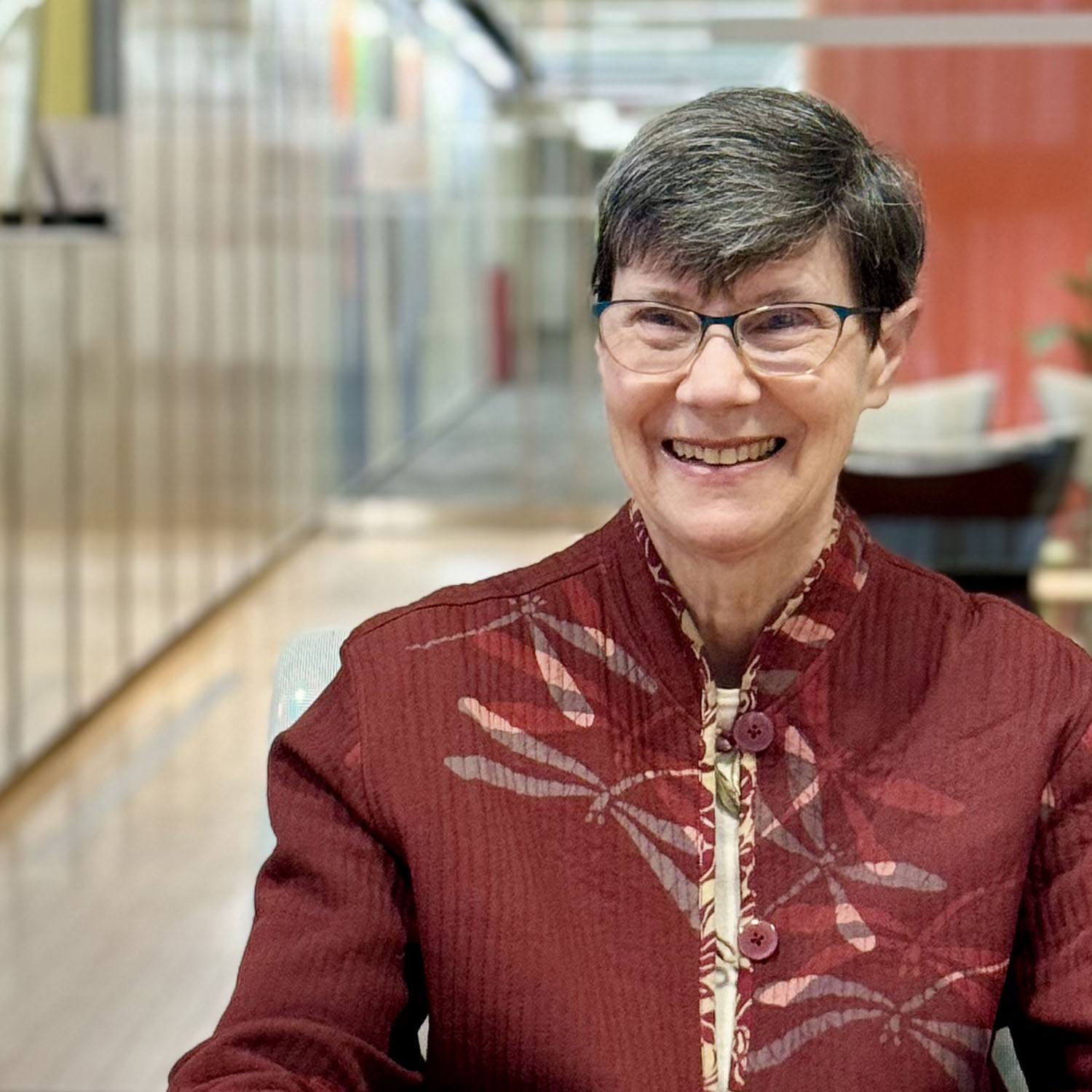Workshop Points Toward New Directions in Research on Probiotics and the Microbiome
Director’s Page
Helene M. Langevin, M.D.
May 6, 2022
Whole person health is inherently complex. It involves a wide variety of multisystem interactions, including many that involve the microbiome—the community of microorganisms that lives on and within our bodies. This microbial community has many effects on human biology, and growing evidence shows that disruptions to the community influence many disease processes.
Approaches that help to restore a healthy microbiome, including probiotics (live microorganisms administered for their health benefits) and prebiotics (substances that stimulate the growth or activity of desirable microorganisms), may have great potential for helping to treat diseases and restore and maintain health. However, much remains to be learned in this emerging field. There is growing interest in the development of individualized microbial therapeutics for targeted interventions, but wide gaps in knowledge still need to be addressed.
On April 26 and 27, the National Center for Complementary and Integrative Health (NCCIH) and the Office of Dietary Supplements (ODS), in collaboration with nine other National Institutes of Health Institutes, Centers, and Offices and the U.S. Department of Agriculture’s Agricultural Research Service, held a virtual workshop, “Precision Probiotic Therapies—Challenges and Opportunities,” to identify gaps in our current understanding of the biology of the gut microbiota and of probiotics and to identify research questions and methodological challenges posed by those gaps.
Our speakers shared their knowledge and perspectives on a range of research topics, including:
- The individual differences in people’s microbiomes, including differences that extend to the level of strains within a microbial species, and the potential impact of these differences on the efficacy of probiotics.
- The influences of the genome, diet, and environmental exposures on the microbiome.
- The differences in the microbial communities at different body sites—including specific locations within the gut or on the skin.
- The importance of understanding the substances produced by the microbiota and the metabolic interactions between microorganisms and their host, including effects on immune function.
- The challenges in translating findings from preclinical models to the human situation, considering differences between species in dietary habits, physiology, and behavior.
- The many factors that influence whether a probiotic takes up residence in the body (a phenomenon called engraftment) and the question of whether engraftment—or even viability—is necessary for a therapeutic effect.
- The complex regulation of probiotics and other natural products in the United States, which relies on the intended use of the products, as well as some aspects of their composition, to classify them into regulatory categories such as dietary supplements or drugs.
- The challenges in planning an informative clinical trial, including the selection of appropriate primary and secondary outcomes and the need to develop a probiotic product that meets the trial’s needs.
- The importance of data sharing and biospecimen preservation to enable maximum value to be obtained from human studies.
I would like to thank the many people who came together to produce this informative workshop, including:
- The planning committee and its co-chairs, Drs. Barbara Sorkin and Joseph Betz of ODS and Dr. Hye-Sook Kim of NCCIH, whose careful planning and many months of work were evident in the excellent scope and quality of the presentations and discussions.
- Our wonderful panel of speakers, led by our two keynoters, Dr. Jeffrey Gordon of Washington University of St. Louis, who took us on a fascinating journey through his research on the impact of the microbiome on childhood undernutrition and its treatment, and Dr. Gary Wu of the University of Pennsylvania, who provided a comprehensive overview of the opportunities and challenges in the development of precision probiotics, using inflammatory bowel disease as an example.
- The National Institutes of Health staff who supported this event and who have made it possible for us to transition so successfully to virtual conferencing during the past 2 years.
This workshop achieved its goal of providing a foundation for future research efforts to develop precision probiotic therapies. It has given us much to think about as we consider new directions and next steps for research on probiotics and the microbiome. Please visit our website to view the workshop videos and program book.
